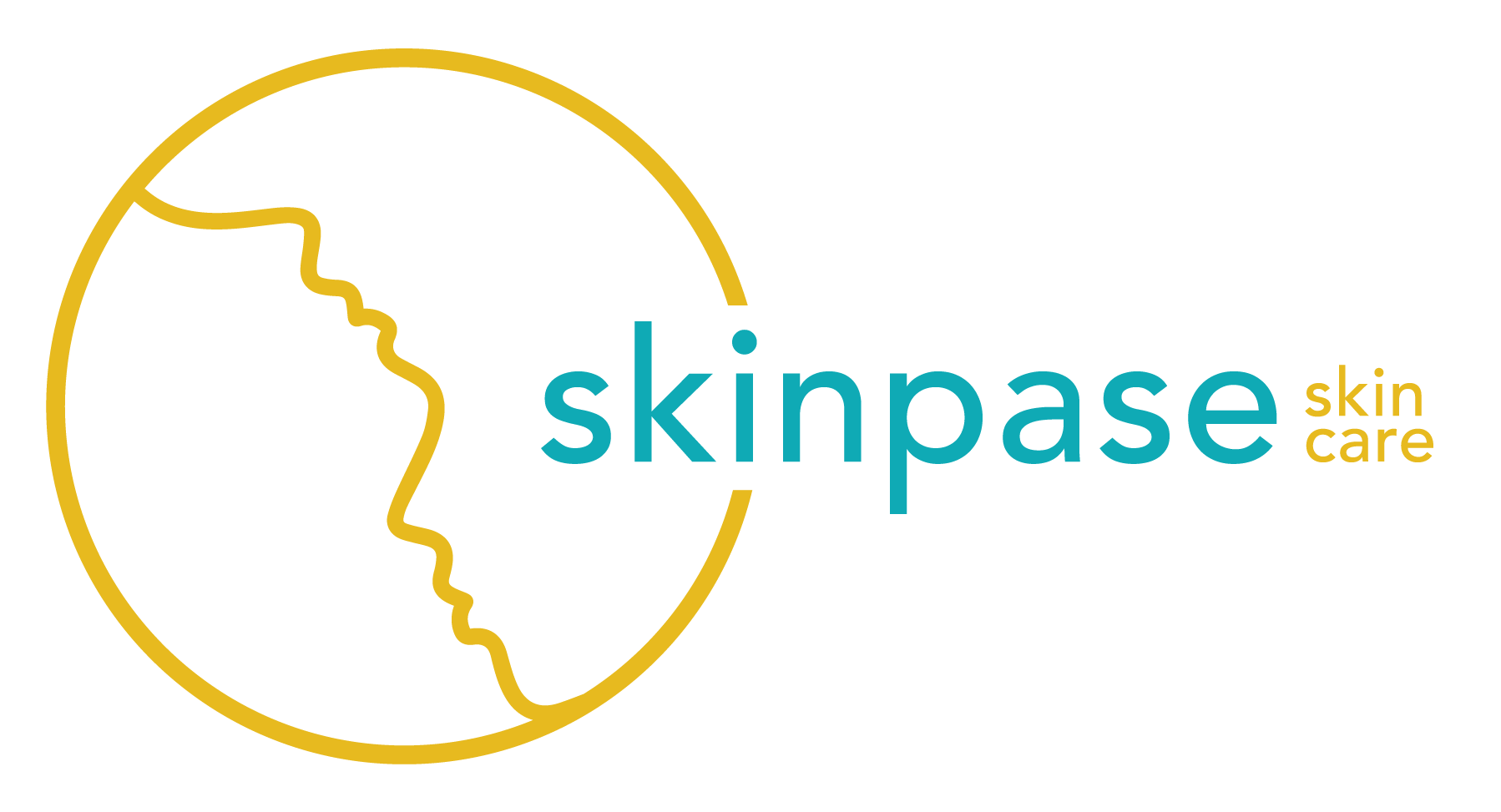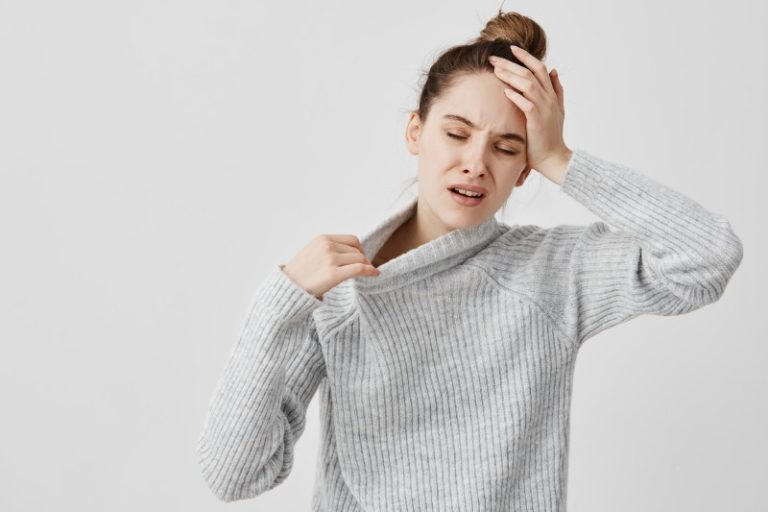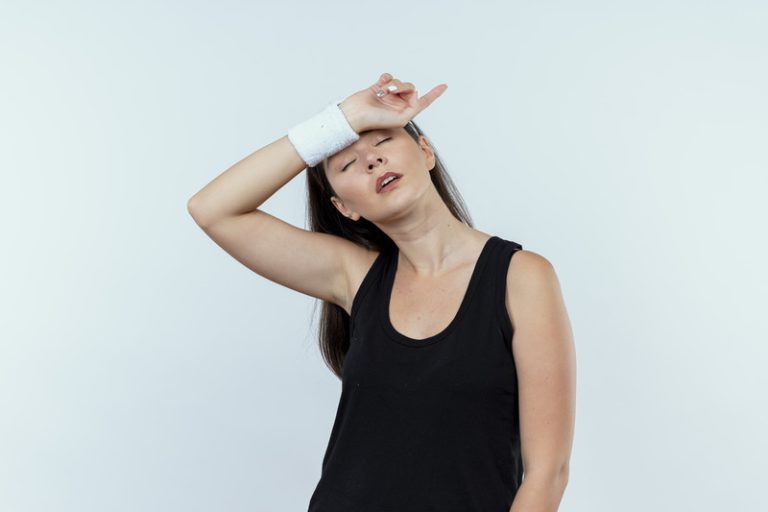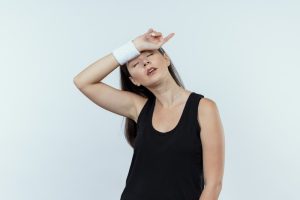Treatments for Excessive Sweating at Skinpase
What is Excessive Sweating?
When the body’s sweat glands push out inordinate amount of fluid, it is termed as Excessive Sweating (Hyperhidrosis). It’s often a persistent (chronic) condition. Sweating happens naturally. It helps to control functions like body temperature. However, excessive perspiration must be taken as a health issue. While excessive sweating can happen everywhere on the body, it typically starts in the armpits, groyne, palms, or soles. The signs might appear in childhood and persist throughout adulthood.
What causes excessive sweating?
There is often no recognised cause behind this condition. However, low blood sugar, neurological diseases, thyroid disease, medication side effects, and other problems could be the main reasons for excessive sweating. The root of hyperhidrosis can sometimes be life threatening.
If you have any of the following, you’re more likely to sweat excessively:
● Problems with Thyroid
● Low blood sugar
● Neurological disorder
● Cartain medications
How is excessive sweating treated?
The course of excessive sweating treatment will be determined by your signs, age, and physical wellbeing. The severity of the issue will also be a factor. The main reasons for excessive sweating will also have to be monitored. Our dermatology clinic opens variety of remedies for excessive perspiration, some of which include:
Antiperspirant: Blocking sweat glands with an antiperspirant containing 10% to 15% aluminium chloride can help reduce perspiration. It is available in the form of reams, rolls, gels, and mists. An antiperspirant can be purchased at a pharmacy.
Botulinum toxin: The locations with sweat glands receive an injection of this medication. For a few months, it can help stop sweat glands from functioning regularly. Once every month, you’ll be required to take shots. It could be painful and expensive.
Iontophoresis: Electricity is used in this procedure to inhibit sweat glands. Your hands or feet are submerged in shallow water, or wet pads are applied directly to the skin. The water might well be treated with chemicals. Through fluid, an electrical current is transmitted. Once per week or as directed when the sweating has subsided, the procedure is repeated several times each week.
Surgery: Your sweat glands may need to be surgically removed in critical circumstances. Alternately, the nerves that transmit impulses to the sweat glands can be surgically severed. Either of these surgical procedures can permanently cease sweating.
Frequently Asked Questions
What are the reasons for excessive sweating?
Numerous factors contribute to excessive sweating or hyperhidrosis. Common reasons include:
- Genetics: Some people will sweat more dueto genetic conditions
- Changes in hormones: During menopause, hormonal imbalances can lead to excessive sweating.
- Conditions of the body: Excessive sweating can be caused by conditions like diabetes, thyroid issues, and Parkinson’s disease.
- Medications: Some medications like blood pressure and antidepressant medications, can make you sweat a lot.
- Nervousness and stress: The body sweats more than usual when experiencing emotional stress and anxiety.
It is essential to recognize the reason for exorbitant perspiring to decide the best course of treatment.
What is the success rate of excessive sweating treatments?
The severity of the condition and the treatment used determine the success rate of excessive sweating remedy. The majority of treatments normally acquire about 80% success rate. Prescription antiperspirants are powerful in reducing the sweating in 60-70% of people with hyperhidrosis. Oral medications which includes anticholinergics are effective in lowering sweating in 50-80% of people.
Botox injections are powerful in lessening perspiration in 80-90% of individuals with hyperhidrosis. Surgery like a sympathectomy solves hyperhidrosis in 90-95 percentage of people.On the other hand, surgical procedure is generally only suggested for extreme cases of hyperhidrosis.
Are there any side effects to excessive sweating treatments?
Yes, there are treatments for excessive sweating that can be harmful. Notwithstanding, these incidental effects are mostly gentle and impermanent.
Skin irritation or burning sensations are possible side effects of prescription antiperspirants. Dry mouth, blurred vision, constipation, and difficulty in urination are all side effects of oral medications. Botox infusions can cause less than overwhelming torment or swelling at the infusion site. Iontophoresis can cause a tingling or irritation of the skin. Compensatory sweating in other parts of the body can result from surgery, like a sympathectomy.
Can excessive sweating be prevented?
Although it’s not possible to completely avoid excessive sweating,one can manage the condition in some ways:
- Wear clothes made of natural fibers like cotton or linen which is a loose fit.
Avoid wear tight attire as they can trap sweat and increases internal heat level.
Apply antiperspirant regularly, especially to areas where their is excessive sweating.
Avoid Caffeine, alcohol, and spicy foods because they can make you sweat.
Make use of the air conditioner, fans, or cool showers to keep cool.
Drink plenty of water throughout the day to keep hydrated.
Although these strategies assist in controlling excessive sweating, they may not be sufficient for severe cases.If unnecessary sweating is disturbing your day to day routine, it is essential to talk to a doctor to examine therapy choices.
Can excessive sweating lead to other health problems?
Excessive sweating can sometimes result in health issues like:
- Skin diseases: The skin becomes much humid due to constant sweating, which helps the growth of fungi and bacteria, resulting in skin infections.
- Dehydration: Excessive sweating can cause Dehydration which results in symptoms like fainting, headaches and low blood pressure.
- Heat Exhaustion: If you sweat too much, you are in the risk of heat exhaustion, which highlights symptoms like nausea, weakness, and fatigue.
- Social phobia: Additionally, excessive sweating leads to social anxiety, which directly affects mental health and well-being.
In the event that extreme perspiring is influencing your day to day routine or causing medical conditions, it is critical to talk with a specialist to examine therapy choices.











